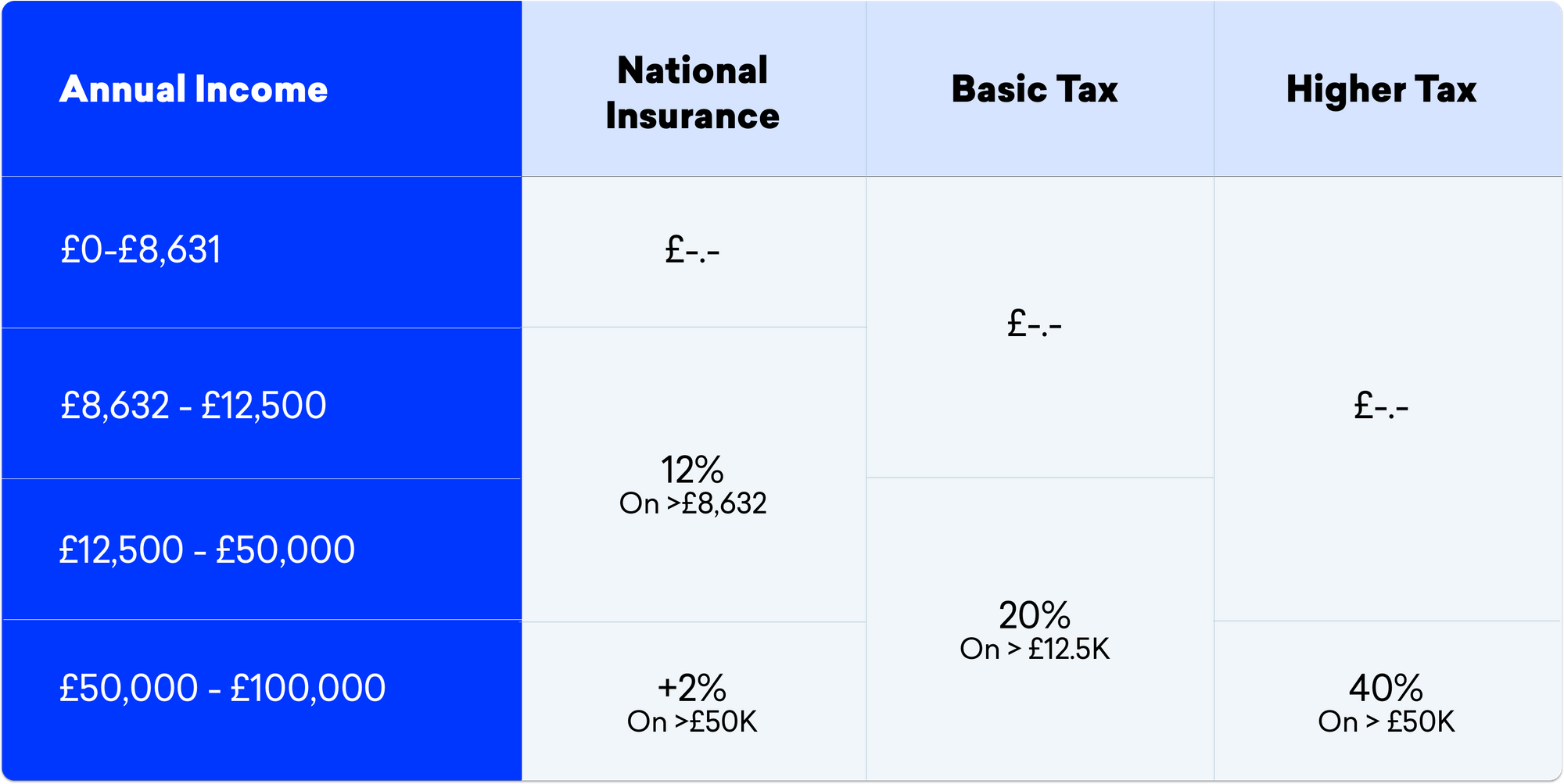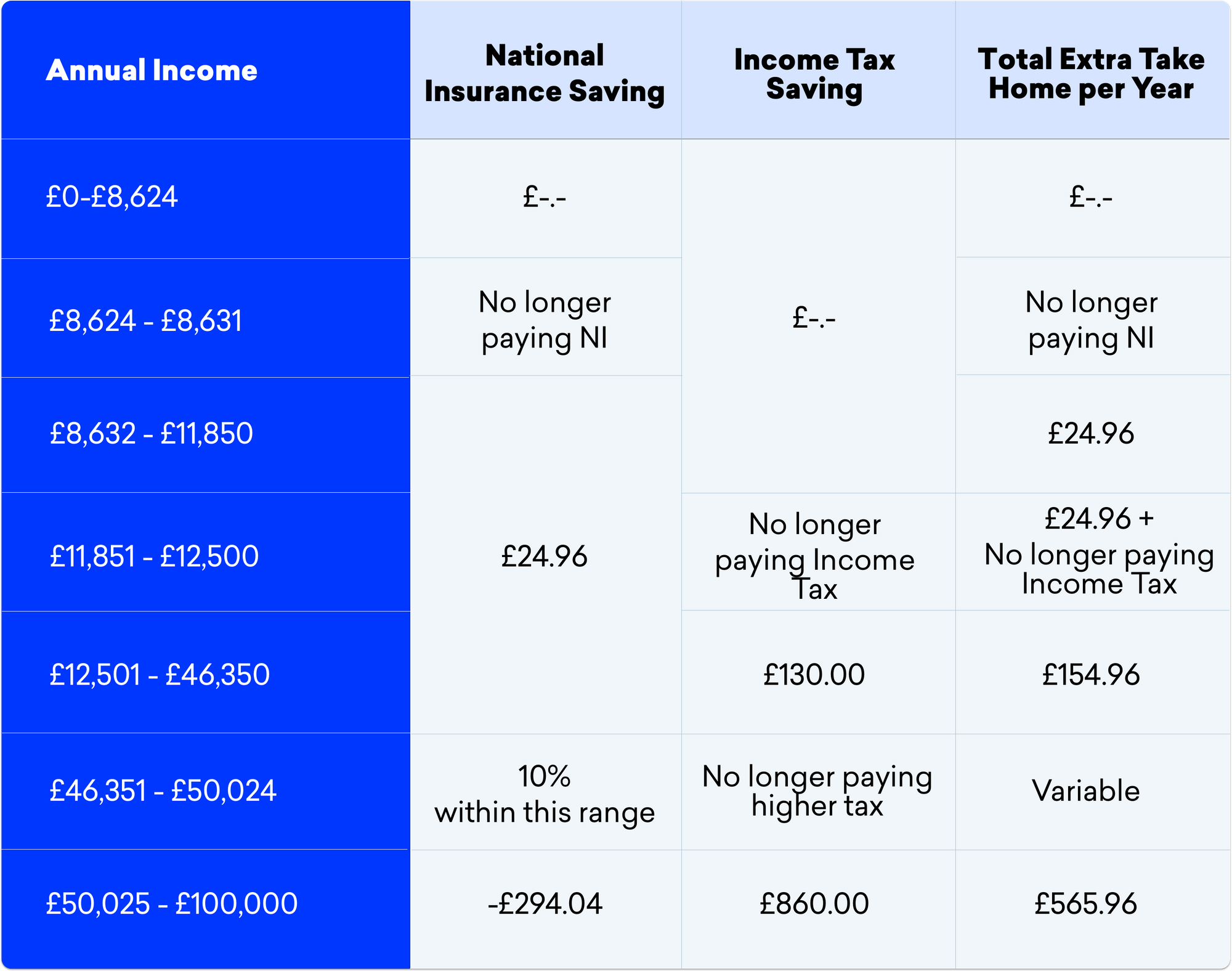We break down what it is and how much better off it could make you.
On the 29th October, Chancellor Philip Hammond delivered the Autumn Budget and its all anyone can talk about. We go through the parts of the budget that might change your personal finances from April 2019.
What is the Autumn budget?
Twice a year The Chancellor of the Exchequer, currently Philip Hammond, outlines the government's taxation and spending plans. First in the Spring and then again in the Autumn.
It affects a whole range of things that will have a direct impact on most peoples lives so it's good to know what is going to change for you. It can include a whole range of things so to make it easy to digest we have picked out things that fit into two categories.
These changes will all come info effect from April 2019.
How much you pay for common goods:
26-30 Railcard
A new 26-30 year-old railcard will be made available by the end of 2018 which will save those eligible a third on their rail fares.
Tax Freezes
Beer, cider and spirits duty has been frozen for the next tax year.
Petrol duty is frozen for the ninth year in a row, saving the average car driver over £1,000 and the average van driver £2,500 according to Mr Hammond.
Short-haul air passenger and 8th in row
Tax Increases
Wine duty will increase in line with RPI inflation.
Long-haul air passage duty will rise in line with inflation.
How much money you have coming in:
We have summarised how much you pay and how much you will save thanks to the new budget. For details keep reading!
New tax bands

Changes to take home income

Please note these figures are based on averages and may not reflect your exact circumstances.
Income tax
The personal allowance - the amount you can earn tax free - will increase from £11,850 to £12,500.
That means if you earn between £12,500 and £100,000 a year you will get an extra £650 tax free a year which means you take home an extra £130 a year.
If you earn £100,000-£123,699 the personal allowance goes down by £1 for every £2 of income above the £100,000 limit.
People earning £123,700+ do not get a personal allowance at all and pay tax on all earnings. Because of this the higher rate of income tax comes into effect earlier and includes any income over £34,500 (rather £50,000).
Higher tax
Normally income is taxed at the basic rate, 20%. Higher tax comes into effect when you earn above a certain threshold, this is taxed at 40%.
This higher rate threshold will be raised from £46,350 to £50,000. Which means everything you earn over £50,000 will be taxed at 40% from April 2019.
This will means if you earn between £46,350 and £50,000 you no longer pay higher tax and will pay 20% on everything above £12,500.
If you earn £50,000 and £100,000 a year you will get an extra £3,650 taxed at 20% rather than 40% so will pay £730 less in higher tax each year.
NI
NI builds your entitlement to certain benefits, such as the NHS, State Pension, Unemployment Benefits, Sickness and Disability Allowances and Maternity Allowance.
Everyone who is over 16 and earns more than £162 a week/£8,424 a year must pay national insurance. This is applied to pay each pay period (whatever that may be for you) rather than annually like Income Tax. That means that if you earn more in one period you pay more in that period, even if your pay is usually lower.
The lowest NI band - the amount you can earn NI free - will increase from £8,424 to £8,632. This means you get an extra £208 a year NI free so you take home an extra £24.96.
The second NI band - on which you pay 12% NI - will increase from £46,834 to £50,024. You will pay 12% on everything between £8,632-£50,024.
The final NI band - on which you pay 2% NI- will also increase from £46,834 to £50,024. You will pay 2% on everything above £50,024.
That means if you earn £50,024 or above you will get an extra £3,190 taxed at 12% rather than 2% so will pay £319 more in NI on this part of your salary. This means you will pay £294.04 more NI a year overall.
National living wage
The national living wage will increase from £7.83 to £8.21 per hour.
Universal credit
Work allowances under Universal Credit (UC) will increase by £1,000 per year. This aims to help the 2.3 million people who are in receipt of or will receive the benefit by £630 each per year. For help with Universal Credit and how to claim it click here.
Want to start saving automatically? Try it here for free!

